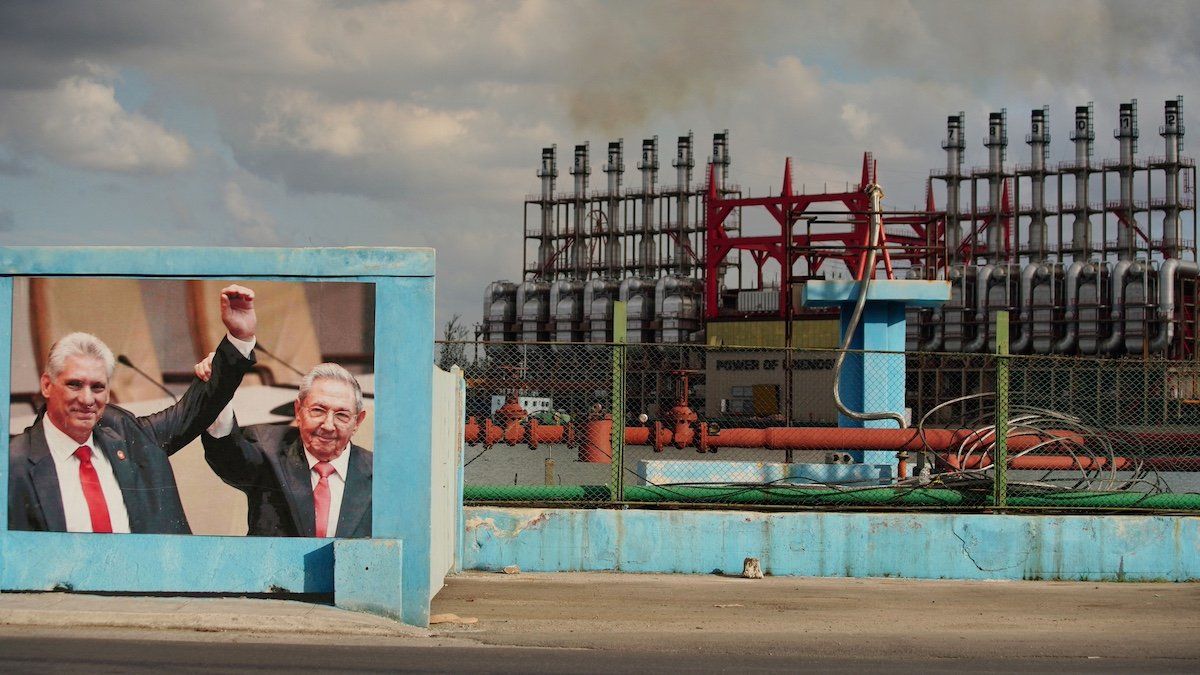Extended blackouts and food scarcity drove Cubans into the streets of Santiago, the Caribbean country’s second-largest city, on Monday, in rare and risky protests. President Miguel Díaz-Canel blamed the US trade embargo for shortages and warned that American “terrorists” were fomenting dissent.
Cuba depends heavily on its allies, Russia and Venezuela, for food and fuel, but the island’s rumbling economic crisis means each peso fails to go as far as it once did. The government raised prices on fuel by over 400% at the start of March as part of an effort to stabilize the economy and control spiraling inflation, which officially topped 30% (though the real rate is likely higher).
Havana is now receiving aid from the World Food Programme for the first time, after requesting help in a rare acknowledgment that the country can’t feed itself. Now, blackouts of up to 18 hours a day mean that ordinary folks can’t refrigerate what food they do have, and instead watch it spoil in tropical weather. Over 400,000 people have fled to the US in the two and a half years since the last major economic protests.
We’re watching for signs of unrest spreading to other cities, and for how hard Havana cracks down on dissent.
